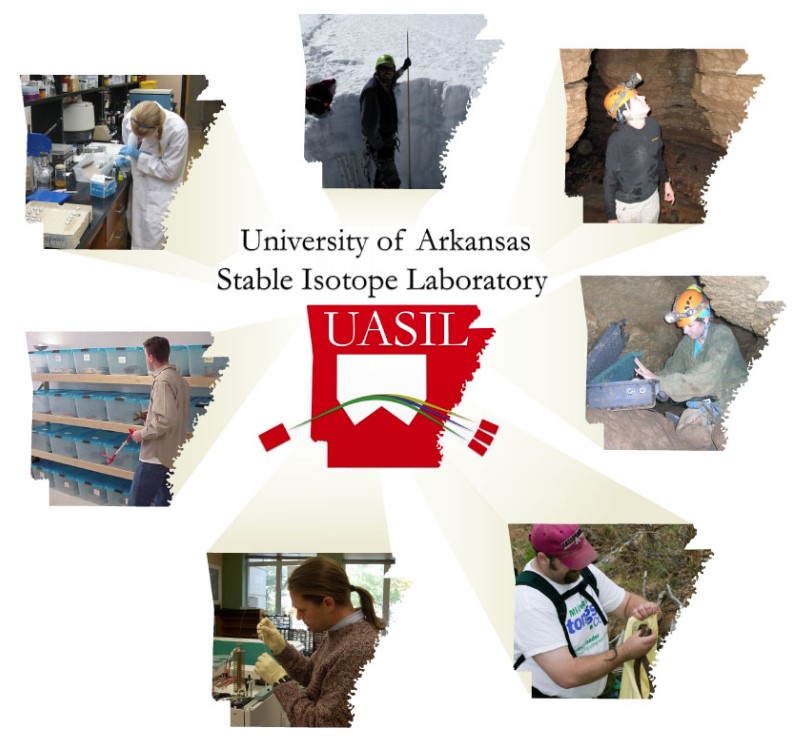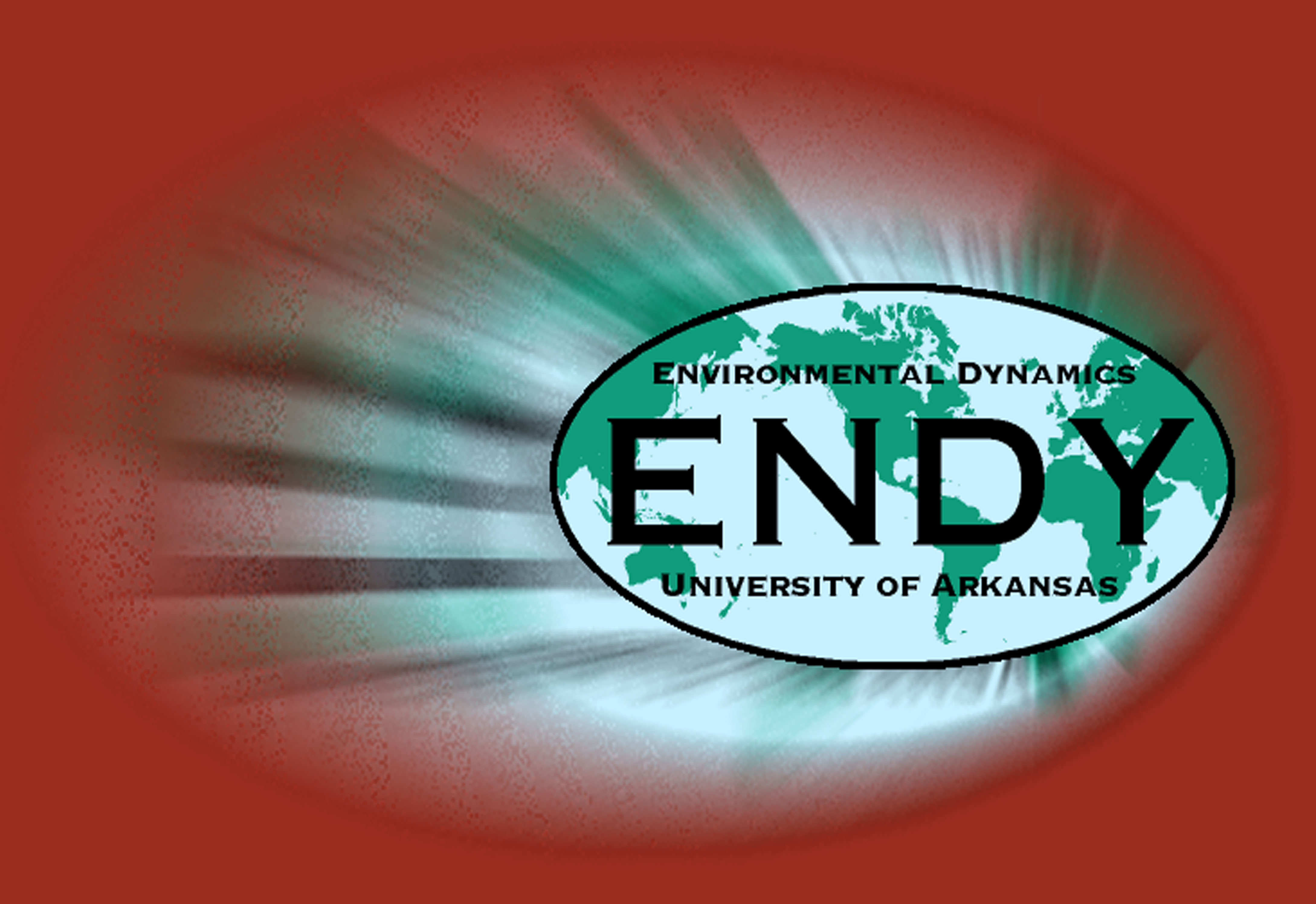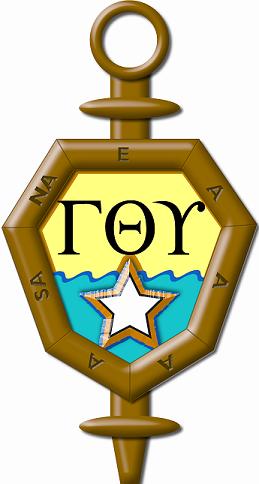Organizations and Affiliated Programs
The Geosciences program is associated with a number of great programs for students, research, and the geoscientific profession.
University of Arkansas Guide to Geosciences
This is a guide that will point you to geology books, journals, websites and more. Use the tabs at the top to navigate through the guide.
UASIL - The University of Arkansas Stable Isotope Laboratory

TRAIL - Trace Element and Radiogenic Isotope Lab
AWRC Water Quality Laboratory
The AWRC's Water Quality Lab provides, analytical, field, and technical support to the water quality investigative community, including university researchers, state agencies, federal agencies, and private groups or individuals that may need assistance.
Arkansas Water Resources Center (AWRC)
The AWRC in cooperation with the U.S. Geological Survey (USGS) and the National Institute
for Water Resources (NIWR), has a statewide mission to plan and conduct water resource
research. The AWRC cooperates closely with colleges, universities and other organizations
in Arkansas to address the state's water and land-related problems, promote the dissemination
and application of research results, and provide for the training of scientists in
water resources.
The Arkansas Water Resources Division of the USGS
The U.S. Geological Survey is the Nation's largest earth-science agency and the principal
Federal agency for providing hydrologic information and for appraising the Nation's
water resources. The water resources of Arkansas consist of numerous streams, springs,
lakes, and aquifer systems. Streamflow, ground-water levels, and water-quality data
are collected throughout the state. These hydrologic data and other data are used
in research and hydrologic studies to describe the quantity, quality, and location
of Arkansas' water resources. The collection, analysis, and interpretation of these
data are done in cooperation with other Federal, State and Local agencies, universities,
and research centers.
Center for Advanced Spatial Technologies (CAST)
The CAST program was established at the University of Arkansas in September of 1991
in order to bring together considerable expertise of a network of researchers with
a long standing history of GIS development at the University of Arkansas. CAST facilities. Computing and Research Instrumentation. Geomatics Curriculum.
Center for Mathematics and Science Education - K-16 Teaching Resources
The University of Arkansas Center for Math and Science Education (CMASE), one of twelve mathematics and science centers on university and college campuses around the state, provides quality resources and materials to the home, private and public education community. The Arkansas NASA Educator Resource Center, located within CMASE, is the state's dissemination point for education materials provided by NASA. Resources and school/classroom presentations are free of charge.
The University of Arkansas provides an extensive resource that brings together University personnel, programs and resources with for Students and Teachers in grades K-16.
Environmental Dynamics Program
 Environmental Dynamics, the interdisciplinary study of complex human and environmental
interactions. It stresses interdisciplinary regional analysis of geophysical, biological,
climatic, and socio cultural interactions and changes, including natural and social
impacts of global climatic change, human demography, pollution, landscape evolution
and degradation, earthquakes, and groundwater depletion. The program stresses the
application of appropriate methodologies such as GIS, GPS, remote sensing, computer
modeling, and cartography to environmental problems. The research approach integrates
the power, efficiency, and economy of advanced computer-based technologies into the
study of human-environmental interactions within recent Earth history.
Environmental Dynamics, the interdisciplinary study of complex human and environmental
interactions. It stresses interdisciplinary regional analysis of geophysical, biological,
climatic, and socio cultural interactions and changes, including natural and social
impacts of global climatic change, human demography, pollution, landscape evolution
and degradation, earthquakes, and groundwater depletion. The program stresses the
application of appropriate methodologies such as GIS, GPS, remote sensing, computer
modeling, and cartography to environmental problems. The research approach integrates
the power, efficiency, and economy of advanced computer-based technologies into the
study of human-environmental interactions within recent Earth history.
Arkansas Center for Space and Planetary Sciences
The Department of Geosciences is a partnering department in the Arkansas Center for Space and Planetary Sciences and in cooperation with the center offers several graduate programs:
PhD in space and planetary sciences
MS in space and planetary sciences
MS in geology with a concentration in space and planetary sciences
MA in geography with a concentration in space and planetary sciences
These programs consist of courses in planetary geology, planetary astronomy, planetary atmospheres, astrobiology, and astronautics with seminars, proseminars, laboratory courses, internships and field trips. An important element of all these programs is a research project that can be chosen from a wide variety of topics in the Earth and planetary sciences. While specialists in geosciences are sought in these programs, the programs are designed to emphasize the interdisciplinary nature of this area of research.
STUDENT CHAPTERS - ORGANIZATIONS
American Association of Geographers (AAG)
Association of American Petroleum Geologists (AAPG)
Association for Women Geoscientists (AWG)
Society of Exploration Geophysics (SEG)
Geological Society of America (GSA)
The Gamma Kappa Chapter of Gamma Theta Upsilon (GTU) is the international honorary society for geography at the University of Arkansas.
Sigma Gamma Epsilon (SGE)
The Alpha Psi Chapter of Sigma Gamma Epsilon is the honorary society for the earth
sciences at the University of Arkansas.
American Society for Photogrammetry and Remote Sensing (ASPRS)
The UA student chapter of the American Society for Photogrammetry and Remote Sensing (ASPRS), a premier professional organization for student interested in remote sensing and GIS. The imaging and geospatial information society.
National Association of Black Geoscientists (NABG)
The National Association of Black Geologists and Geophysicists (NABGG) is a nonprofit organization established in June of 1981 by a group of black geoscientists in the Houston/Dallas area. This organization is incorporated in the State of Texas with its headquarters in Houston, Texas.
The GSC is the representative body for graduate students at the University of Arkansas
